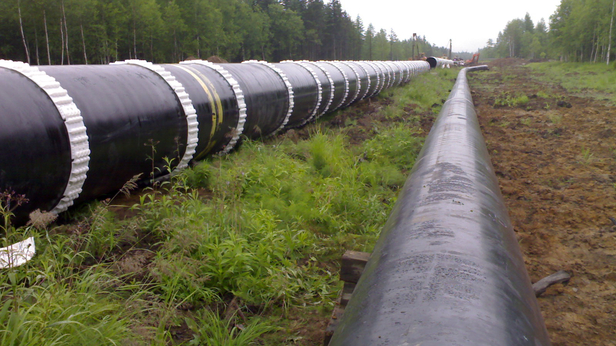
September 1, 2017
By Brett Healy
MacIver Institute President
The following op-ed first appeared in the Milwaukee Journal Sentinel on August 29.
As Congress pivots to tax reform, some lawmakers have considered raising taxes on energy developers to pay for tax cuts elsewhere. Such tax hikes would slam Wisconsin’s natural gas industry, leading to higher utility costs and fewer jobs.
Wisconsin doesn’t have any natural gas wells of its own. But hugely important pipelines crisscross the state. Thanks to these pipelines and transport hubs, two-thirds of all Wisconsin households heat their homes with natural gas.
Wisconsin’s electric utilities rely on natural gas as well. In 2016, local utility companies consumed nearly as much natural gas as all Wisconsin residents’ combined.
The natural gas industry is a pillar of Wisconsin’s economy. Natural gas firms injected more than $9 billion into the state economy in 2015. The oil and natural gas industry supports more than 98,000 jobs. The average wage in the industry, excluding retail jobs, is more than $100,000 — nearly double the median income in Wisconsin. Those wages, in turn, create demand for other goods and services, supporting small businesses across the state.
Levying new taxes on the energy industry would harm communities across America. Nationally, the natural gas and oil industry supports 10.3 million jobs. Every direct job generated by energy companies supports another 2.7 jobs.
An overwhelming majority of Americans recognize that new taxes on natural gas would hurt them. More than seven in 10 voters oppose higher taxes on the American energy industry. They know intuitively what economists have shown empirically, that raising taxes on job-generating industries jeopardizes Americans’ livelihoods.
And it’s not as if the industry refuses to pay its dues. Energy firms already fork over huge sums to Uncle Sam. Each day, natural gas producers pay $70 million in federal taxes. They pay millions more in state and local taxes.
Instead of further taxing energy producers, lawmakers should seek to raise additional revenue by encouraging even more production. Speedily approving pipelines, authorizing offshore energy exploration and enacting other pro-development policies could create 2.3 million new jobs and increase government revenue by $122 billion a year by 2035, according to a 2015 Wood Mackenzie analysis.
Tightening regulations, by contrast, could cost the economy more than 800,000 jobs and $18 billion in government revenue over the same period.
The energy sector is a jobs and revenue-generating powerhouse, in Wisconsin and across the nation. If lawmakers stifle this economic activity by raising taxes on natural gas firms, they’ll leave working-class Wisconsinites out in the cold.